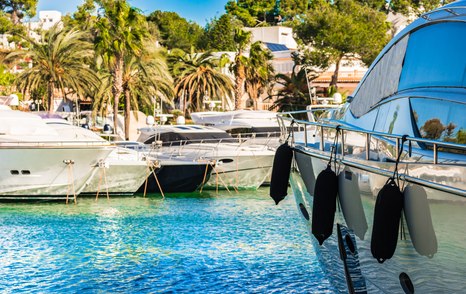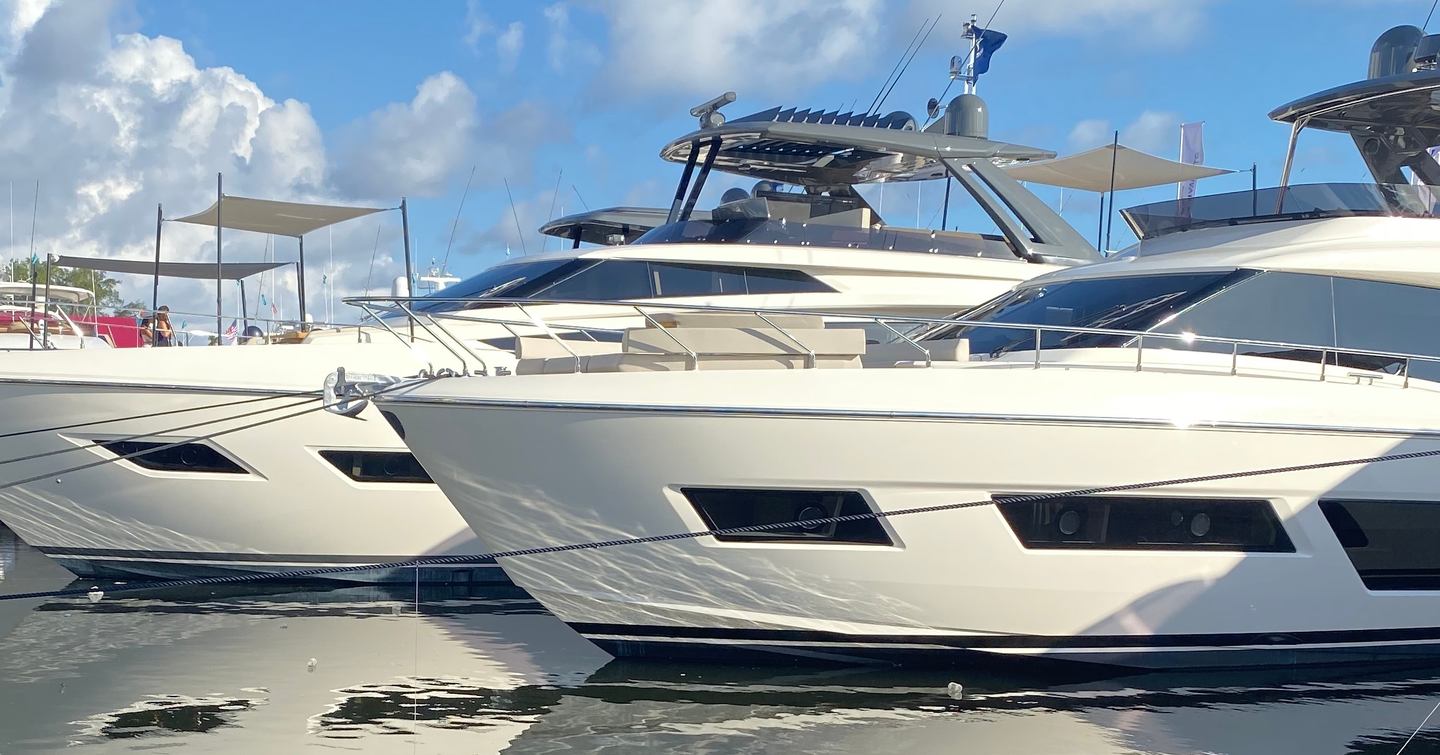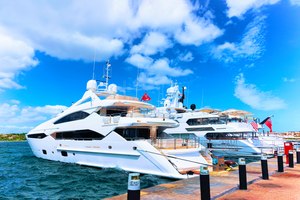To simplify the difference between the two, the yacht broker is an independent intermediary and the yacht dealer is the authorized seller.
Both dealers and brokers play essential roles in yacht sales, fundamentally facilitating transactions between sellers and buyers. Both have a good understanding of the yachting market, including current trends, pricing, and the availability of different yacht models.
As professionals they interact with clients, providing information, addressing inquiries, and assisting in the selling/buying process; and will handle the necessary paperwork and legal aspects of yacht transactions, such as titles, registrations, and contracts.
The Broker
To gain a clear understanding of what a yacht broker does, you can draw a parallel with the world of real estate. Much like a real estate agent, a yacht broker operates as a facilitator, representing the owner in the sale of their asset, their yacht, and managing the intricacies of the transaction.
In the realm of yachting, a broker's 'catalog' typically encompasses a range of vessels, primarily on a used or 'brokerage' basis. However, they can also navigate their way into the world of new yacht builds, especially in the case of larger vessels.
Broadly speaking, there are two main categories of yacht brokers. The first handles used yachts, often with a focus on vessels up to around 25 meters in length. They might have a base where they have a selection of yachts available for viewing at a specific location.


On the other hand, there are large yacht or superyacht brokers. These professionals operate from offices and have access to a global network of used yachts, or 'brokerage,' positioned across the world. A significant aspect of their role involves traveling with clients to inspect yachts in person or overseeing new build projects.
The Broker is the Seller's Agent
It must be remembered that a broker represents the seller. The broker will want to help and support the buyer, but ultimately they are the seller's agent, duty and contractually bound to represent the seller.
This is why any buyer needs to have their own representation, namely a marine surveyor, who will check that the yacht's condition is as stated and that the money being offered is in line with the yacht's value.
The Dealer
A yacht dealer is a professional who specializes in selling yachts, often on behalf of specific yacht manufacturers or boat-building brands. Their primary focus is on marketing and selling brand-new yachts to prospective buyers.
Representation of brands: yacht dealers typically represent one or more yacht manufacturers or specific boat-building brands. They act as authorized agents for these brands, showcasing and selling their latest models.
New yacht sales: the core of a dealer's work revolves around the sale of brand-new yachts. They provide information, conduct tours, and facilitate the purchase process for potential yacht buyers.
Product knowledge: yacht dealers possess in-depth knowledge of the yachts they sell. They can provide detailed information about the specifications, features, and benefits of each model.


Demonstrations and showings: yacht dealers often have physical inventory on-site, allowing potential buyers to see and experience the yachts firsthand. They arrange demonstrations and sea trials to help potential buyers make informed decisions.
Financial guidance: yacht dealers can assist buyers with financing options, helping them navigate the financial aspects of yacht purchase, including financing, insurance, and warranties.
While yacht dealers primarily deal with new yachts, they may also have used boats available, either on behalf of owners looking to sell or as part of exchanges from previous new boat deals.


Yacht dealers understand the value of post-sale relationships. A key aspect of a yacht dealer's role extends beyond the initial sale transaction. Building and nurturing a strong relationship with the buyer is a priority.
By providing exceptional service and support, they aim to foster customer loyalty and position themselves for future business. Satisfied customers are not only more likely to return for additional yacht purchases but also to refer the dealer to others.
Buying New From A Dealer
When purchasing a new production yacht, you'll typically engage with a yacht dealer, often associated with one or more yacht brands. These dealers serve as the retail face of the industry, responsible for representing the buyer's interests and securing a sale.
Crucially, the dealer takes charge of handing over the yacht to its new owner. They oversee the yacht's delivery, ensuring it adheres to the specified requirements. The dealer should also provide training and familiarization sessions, addressing any early ownership questions or concerns.

The hand-over process is key, this is when the new owner gets to inspect their new yacht and agree that it is delivered in a satisfactory manner, as ordered and specified, before taking ownership."
Do I Have To Buy From A Dealer?
In terms of new production yachts, the general answer is, yes. You can go directly to a boatbuilder in some cases, but the dealer is the usual route to buying.
Buyers have various options when purchasing a yacht, however, working with a reputable yacht dealer is often recognized as a preferred route for several reasons including access to their knowledge and expertise, their management of the delivery process, and their after-sales support.



Many prominent boat builders, especially larger production companies, prefer to sell their yachts exclusively through established dealer networks. These networks adhere to specific standards, providing a structured and consistent buying experience.
In contrast, smaller yards that produce fewer yachts per year may choose to deal directly with customers. However, such direct interactions are relatively rare in the industry.

Finance
Buyers can consider marine lenders, banks, or specialized yacht finance companies. The choice can depend on factors like creditworthiness, type of yacht, and desired loan terms. It's essential to compare interest rates, down payment requirements, and the loan's duration to find the most suitable option.
Yacht loans typically require a down payment, and the yacht itself may serve as collateral for the loan.
Before seeking financing, buyers should ensure their financial documentation is in order. This includes having a good credit score, providing proof of income and assets, and a well-prepared loan application. Buyers may also want to explore pre-approval, which can help determine their budget and strengthen their position when negotiating with sellers.
Engage with experienced finance professionals or brokers in this process; they can provide guidance on available options and help navigate the complexities of securing a yacht loan.











